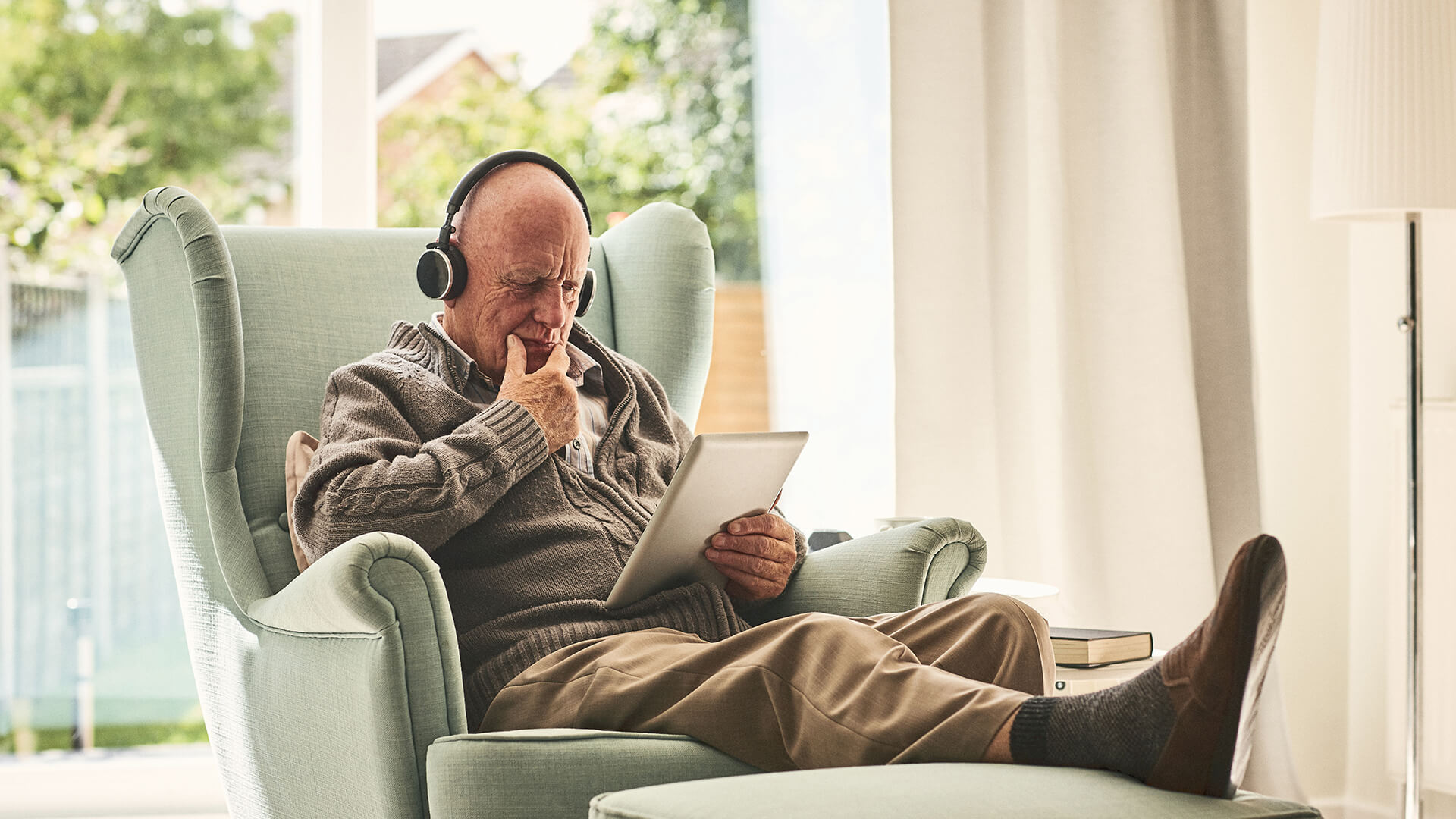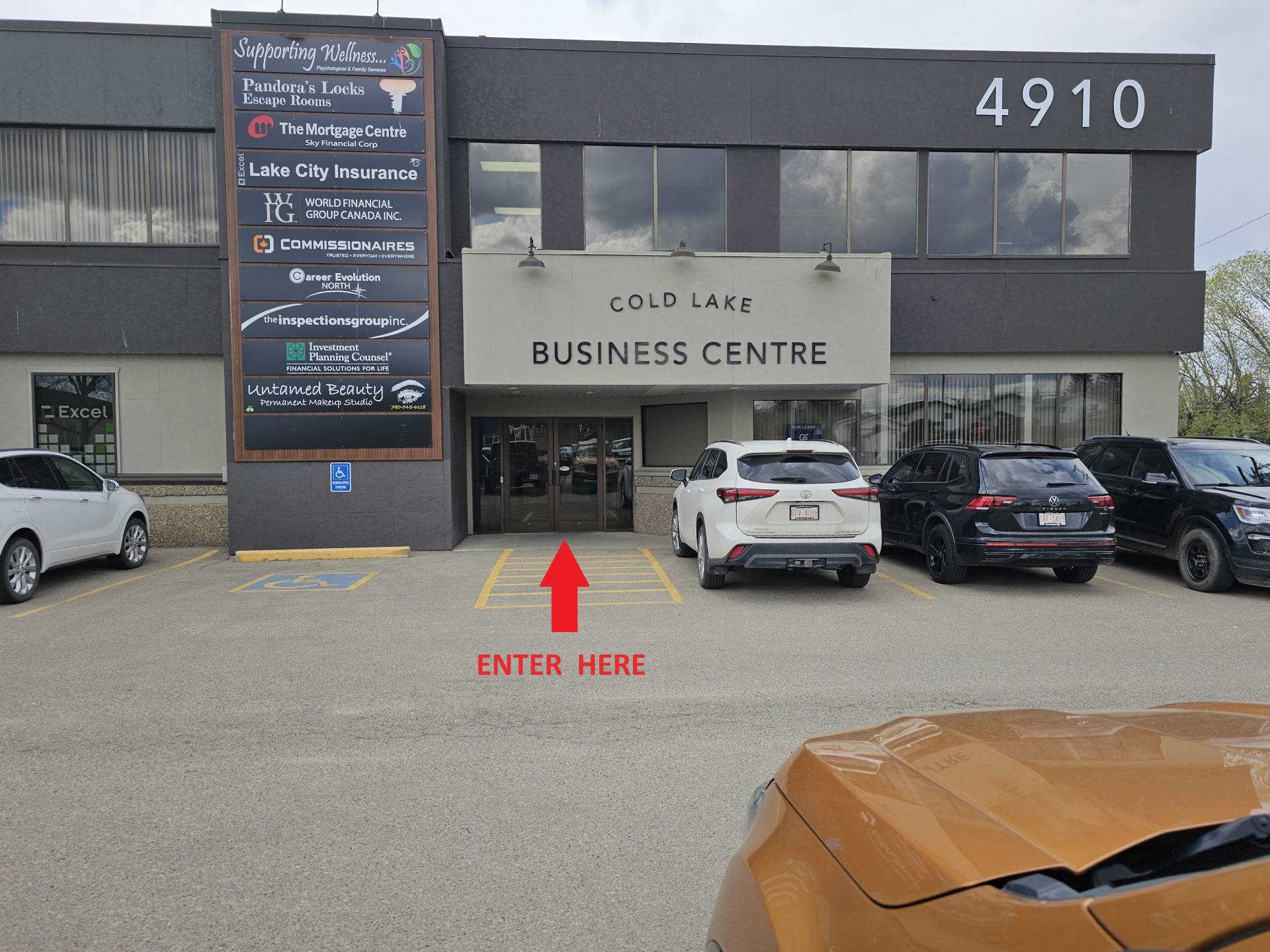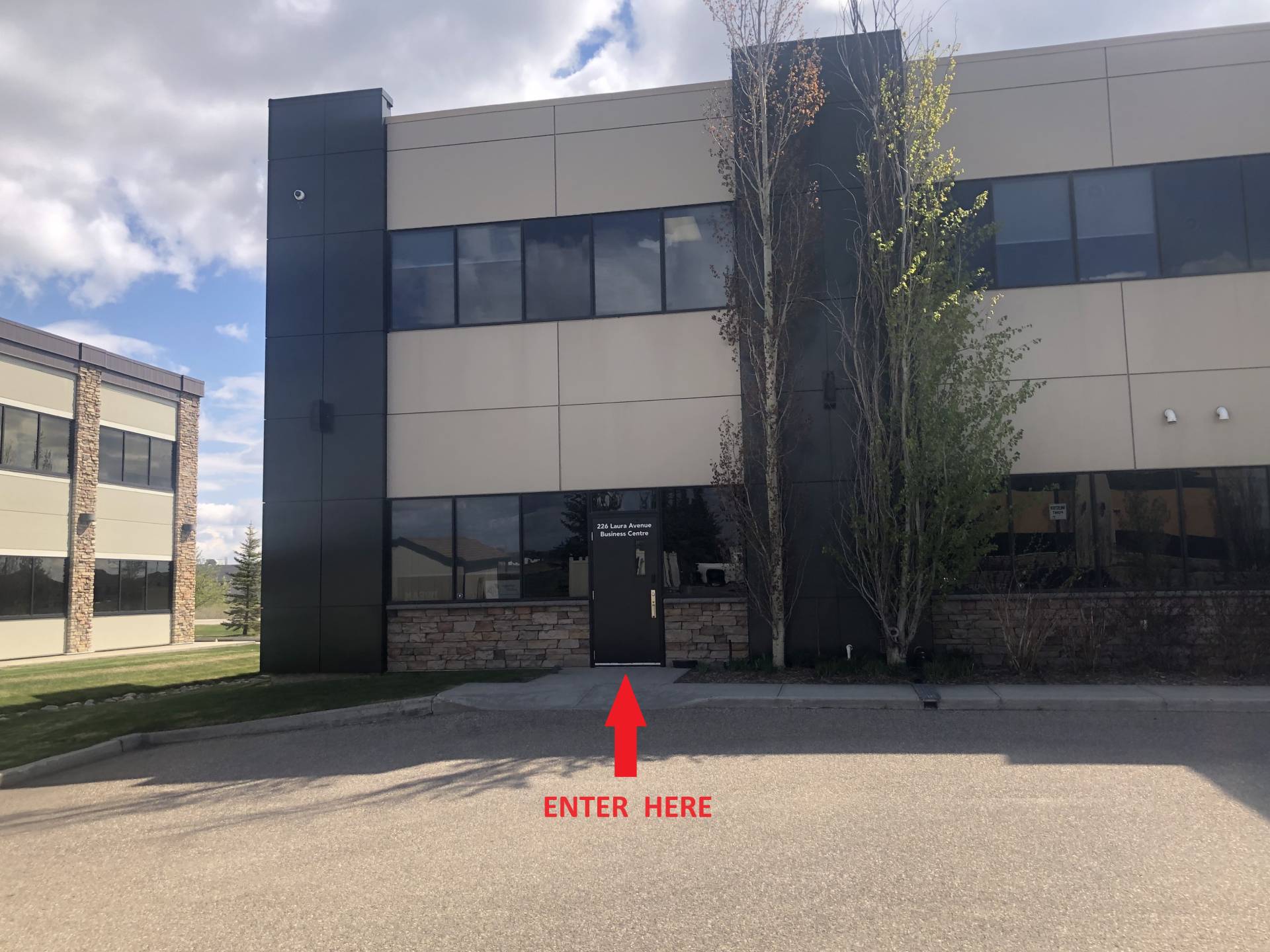Change Is Possible
Men’s Therapy Groups
What Can You Expect from Our Men's Therapy Groups?
In comparison to individual therapy, a group of men tend to support one another through listening, and also through challenging each other to be more truthful, to find their purpose, to meet the weight of their struggle eye to eye, and to be accountable. Men tend to give each other a lot of encouragement and support.
Men tend to engage in “real talk”, and give each other reflective feedback or mentorship. The premise is that through supporting each other, we can learn to be better Men – and that other men can help us see, and work through our blind spots. Sometimes, some of the best places for men to heal their pain, anger, and loss, to find courage, and to come down to earth is in the company of other men.
How group therapy differs from Individual therapy?
How Can Group Therapy Help You?
How Can Group Therapy Help You?
Most groups contain rounds of speaking and rounds of listening. Your facilitator will guide this, and set the structure and the pace. You are encouraged to share when it is your turn to share (but don’t have to), and encouraged to listen when it is your turn to listen - groups involve reciprocity with peers. You can share to the extent and depth that feels right, as little or as much as you need, without monopolizing the group entirely of course. The group will receive you, your emotions are welcome.
It is encouraged that you speak to your own experience and do not generalize it to others, ie, “you should” vs “I should”. Or “the world is” vs “my experience of the world is”.
When listening, you are encouraged to non-judgementally, and respectfully allow each member's expression. Stay present to what you hear and what you feel while the other speaks, put what you want to say aside for a moment. Holding on to everything you need to say later is not being present to the other, put it aside.
You will be invited to speak, and then, you are encouraged not to speak from a collection of thoughts but from what is ‘alive’ in you, what you are feeling in that specific moment – you are encouraged to trust and to express that. There are times when it is appropriate to interrupt when showing support for another, and times when it is not. The facilitator may moderate this. This is different from a normal group conversation as the facilitator is aiming to support participants to express what they feel and need more deeply and congruently, and sometimes this involves a process to come into this. The premise is that in order to feel truly heard and seen, you need to express the emotions and needs that are connected to and underneath your thoughts about your problems, and sometimes this takes some catharsis and sessions to get there
How does the facilitator guide and support the group?
Faclitator’s role - The facilitator will moderate to ensure conversations are supportive when they are challenging, and the premise is in part support through challenges in addition to creating a supportive environment. The facilitator may also invite the group to do various group activities or exercises, meant to address the struggles the Men are facing. The facilitator’s role is, in part, to build relationships in the group. They will at times need to respond, moderate, invite reflection, draw boundaries, ask questions, and direct the group.
The facilitator’s approach is also a blend of modernist and post-modern techniques. This means that sometimes the facilitator will take the role of expert, and sometimes the facilitator will take the role of non-expert as a peer, or so to support you to find your own answers or voice to your dilemmas.
We offer both open drop-in style groups, as well as closed and committed groups, all of which have limited participation. Contact our office to see what groups are being offered and to discuss your needs and next steps.
SERVICES
Other Counselling Services We Offer






